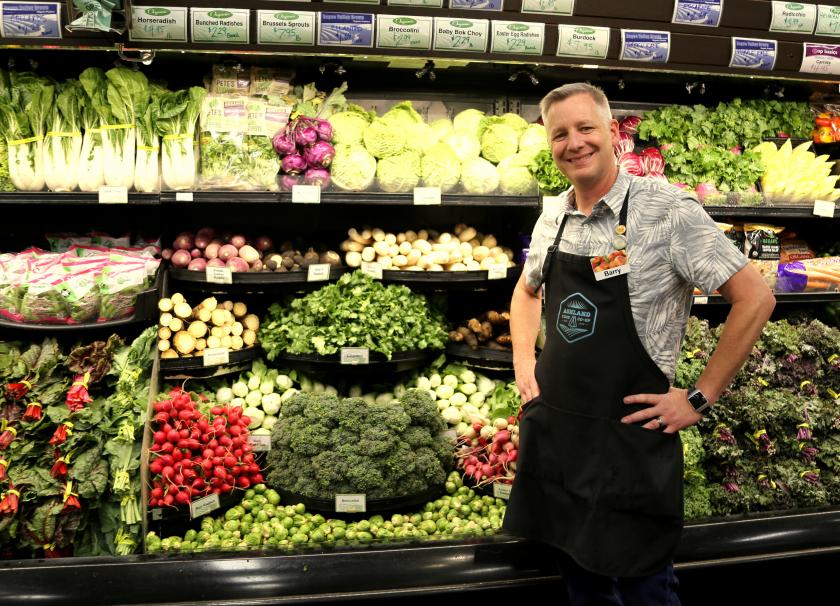
The Co-op is Certified Organic! What does that mean?
By Barry Haynes, Store Manager
Did you know that the Ashland Food Co-op is the only Certified Organic Retailer in southern Oregon. Well, that’s great! But what does that actually mean?
Though it sounds like it implies that all of the products we offer are certified organic, in actuality, it’s more about ensuring that the integrity of our certified organic products is maintained from the moment it enters our doors to the moment it leaves. In other words, you can be assured that the organic coffee you bought has stayed clean and clear of non-organic ingredients or contaminants during its stay at the Co-op. “Organic to the last drop!”
As a retailer, the Co-op is not required but we choose to be inspected by a USDA accredited, third party certifier every year.
We do this to verify that we are in compliance with the USDA’s National Organic Program and maintain our Organic Certification. Our third party certifier, Oregon Tilth, has been an integral part of the organic movement for forty years and does much more than inspection and certification. Tilth provides resources for farmers interested in switching to organic production, environmental conservation on the farm, farm viability and even a farmer mentorship program. It also publishes “In Good Tilth”, a seasonal magazine that tells positive stories about the organic trade. Pick up a copy at the Co-op or read it online at tilth.org.
During our annual inspection, we are required to provide organic certificates for all of the organic products we offer in every department of our Co-op. We also have to demonstrate that we have procedures and training in place to ensure that there is no commingling of organic and non organic products during receiving, storage, processing and merchandising. For instance, we would never display non organic produce above organic produce in our wet vegetable displays.
Any water dripping from non organic produce could contaminate the organic produce below. Another example would be in our Meat and Seafood department, where we cut and package all of our organic chicken before we process the natural chicken. All of these steps are very important to ensure organic integrity.
Imagine a store without these procedures in place. They could be preparing non organic product on the same surface as organic. This would obviously compromise the integrity of the organic product.
In addition to reviewing paperwork and procedures, our inspector conducts an in and out audit. This audit reviews the volume of organic products that we have sold and compares those figures to our purchases of those products. This type of audit ensures that a business hasn’t sold non organic products as organic.
This comprehensive inspection process usually takes about seven hours. After the inspection has been completed, the inspector presents their findings to one of Oregon Tilth’s inspection reviewers. Once the review has taken place and they are confident that they have received all of the information they require, a decision on certification is made. We’ve been having voluntary inspections since 2008—and have passed all of them!
Why does the Co-op choose to go through this process when there is no requirement to do so? We want our customers to have confidence that when they choose organic products at the Co-op, we have done everything we can to ensure the integrity of that organic product. This is just one of the ways we let our shoppers know that we try to stay true to our Product Philosophy and they can continue to trust the high standards the Co-op sets for itself and for the health of the community.
More Co-op News
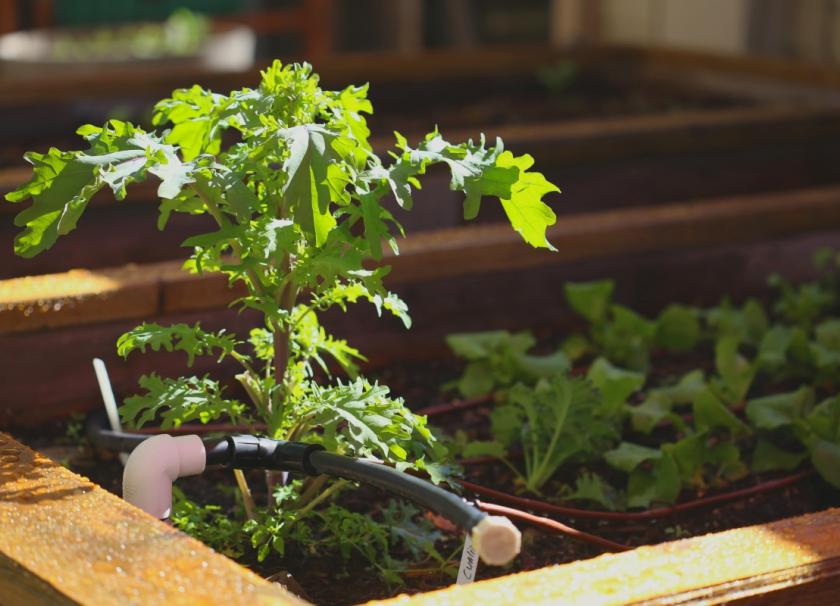
Henry in the Garden: Already Preparing for the Spring
The bane of all gardeners is powdery mildew - that white substance that collects both on the tops and bottoms of the leaves of your healthiest vegetable plants. Cucumbers and zucchini seem to be more easily affected by this scourge than many others.

GM Report: Gratitude for a Great 2019 at the Co-op
It’s the season of gratitude and reflection on the year that has passed, and there is so much to be thankful for as a Co-op owner.
2019 started off with the news that over $13,000 in emergency donations had been raised from Co-op owners and shoppers for support and relief efforts after Paradise, CA was leveled by a wildfire. This outpouring of our support was critical in the months after the fire, after the news trucks had left and the work of rebuilding began. I know how grateful we all are for the much calmer smoke season that our region experienced this summer.
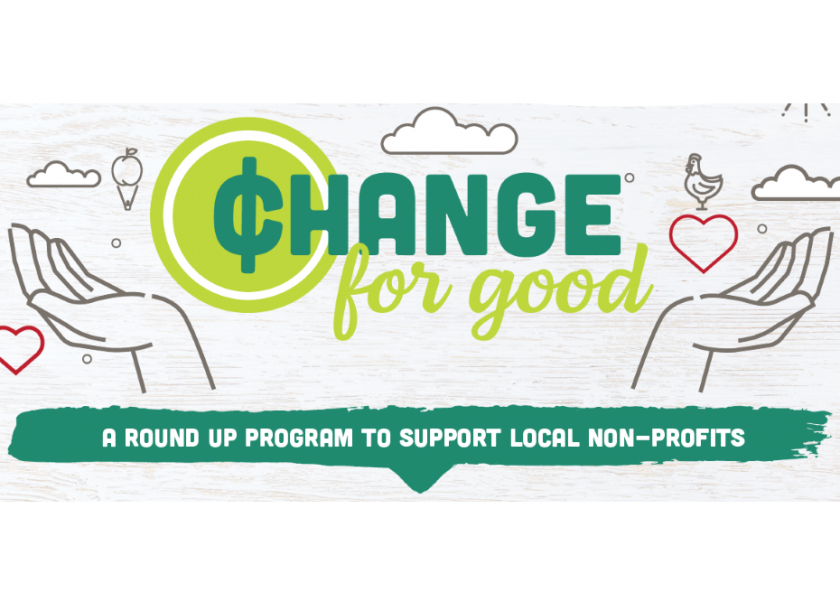
Rounding Up in October
Part of what makes co-ops unique are the guiding 7 Principles of Cooperation. One of the seven that is felt strongly in Ashland is "Concern for the community" - and that's why the Co-op is offering a new way to give back to our community for the month of October. When you pay at the register, you can round up your total to the nearest dollar. For example, $11.68 becomes $12, and $0.32 is donated.
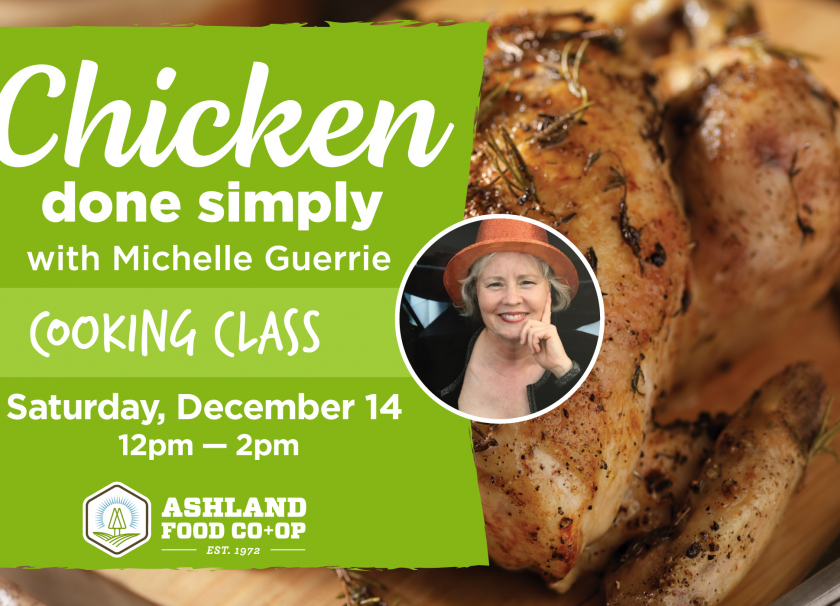
Win 2 tickets to "Chicken Done Simply" cooking class
Find out how fun and educational Co-op cooking classes are! Sign up below for the chance to win two free seats (for you and a friend or loved one) at the next class, "Chicken Done Simply" with the Co-op's own Michelle Guerrie.

Fall Staff Picks
Thanks to alpine trails and shaded valley creeks, outdoor recreation is year-round in the Rogue Valley. But fall usually makes for more frisky feet, so we asked Co-op employees for their favorite fall activities and recommendations for what they grab before they head out.

Applegate products joining Co-op Basics
Just in time for the school year, Applegate products are being added to the Co-op Basics program! The Co-op carries a variety of Applegate products, like sliced deli meat, cheeses, bacon, and sausages. Now as part of the Co-op Basics program, you’ll be saving up to $2 on Applegate products across the store, every day.

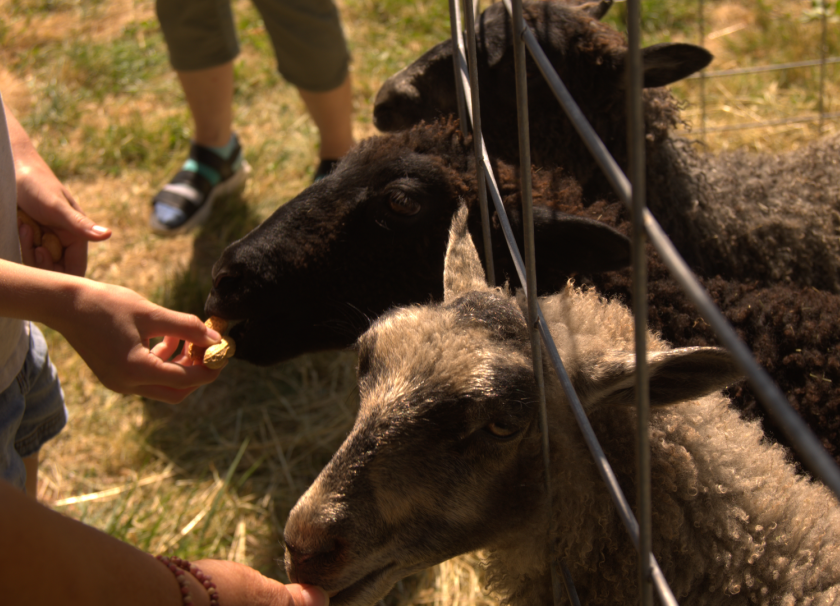
2019 Farm Tour Recap
Another successful farm tour is in the books! With 30 farms this year, visitors could see how bigger farms work, like Herb Pharm, Fry Family Farm, and Rogue Creamery, while also experiencing the joys of smaller farms, such as Turning Point Farm, Fox Run Farm, and Daily Blessing Farm.
Visitors of all ages enjoying Goodwin Creek Gardens
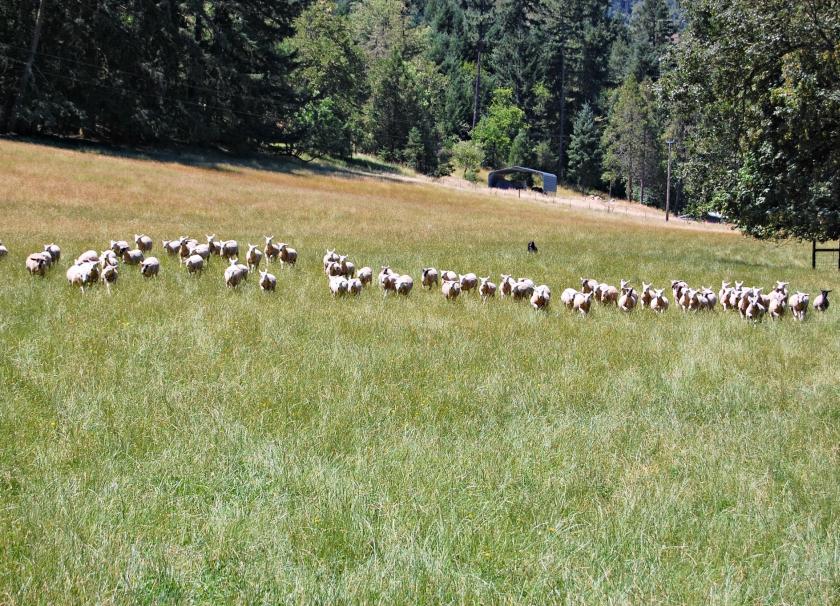
AFC Celebrates 20 Years with Magnolia Farms
This year, the Ashland Food Co-op proudly celebrates their 20 year partnership with Magnolia Farms. Their pasture raised, no antibiotics, no hormones lamb is a staple in the Co-op Meat Department. Magnolia Farms is graciously donating the lamb for our August First Friday in celebration of our long standing partnership.
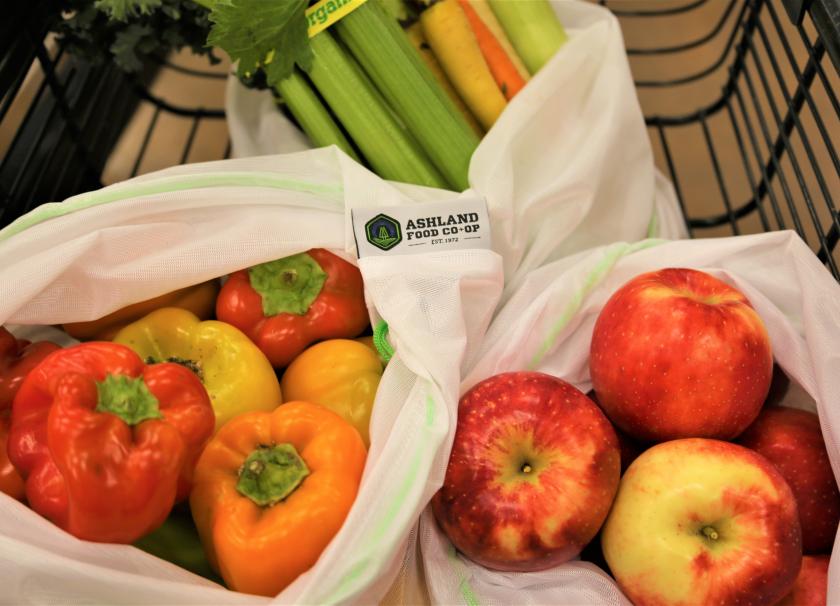
Compostable Bags
The Co-op has been asked if compostable plastic bags are a viable alternative to the standard plastic bags offered in the produce and meat departments.
For several reasons, compostable bags are not in line with the Co-op’s goals and standards.
Not compostable at home
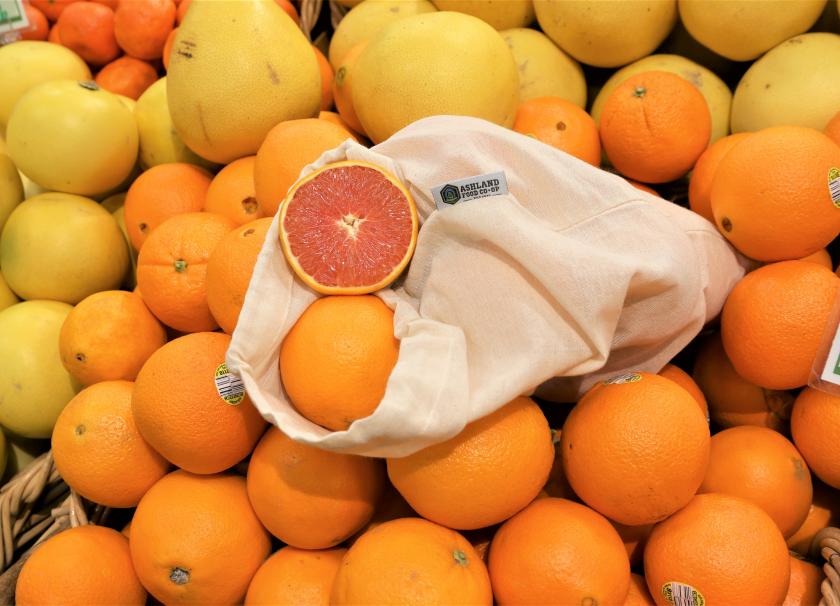
Sustainability Update: Energy efficiency and zero waste
Energy Efficiency
We are happy to announce that we are a member of the Energy Trust of Oregon’s Strategic Energy Management program. This is a free program available to customers of Avista and Pacific Power, which offers awesome incentives including a paid internship!
Community Grant Recipients 2019
The Ashland Food Co-op donated over $29,000 to 28 local nonprofit organizations through their Community Grant Program.
The Community Grant program is the focus of one of the fundamental Cooperative Principles, which all cooperative enterprises follow. Our Community Grant Program supports Principle 7, Concern for Community.
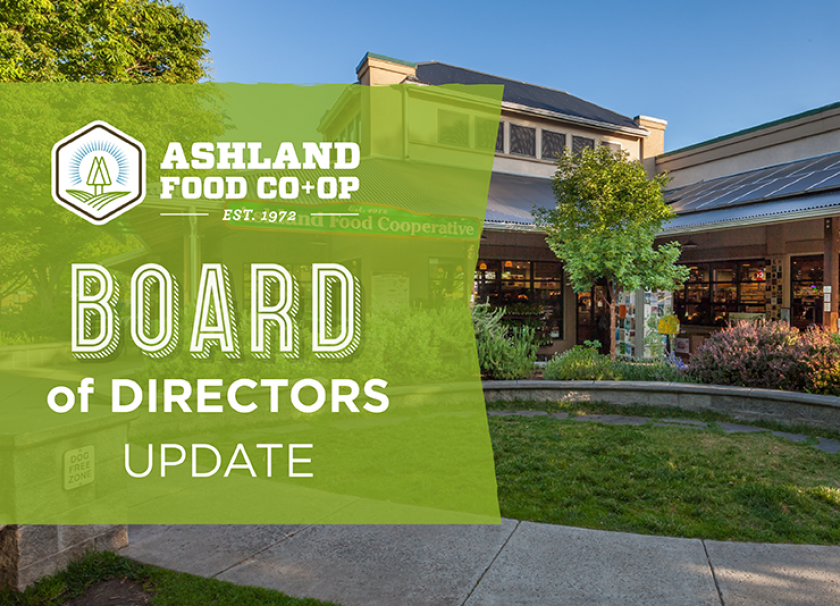
Meet the 2019 Board of Directors
Congratulations to Annie Hoy, Melina Barker, Lisa Beam, and Steve Bowman for their election to the Board of Directors! We were delighted to have such a strong slate of candidates to fill our four vacancies. You can read more about each new director here.

How to stay sustainable with paper products
Have you thought about how sustainable your paper home products are? While the use of single-use plastics has (rightfully) been criticized, some products are made to be single-use - like toilet paper, paper towels, and napkins. With these products, it’s best to examine sustainability by looking at what goes into their production.
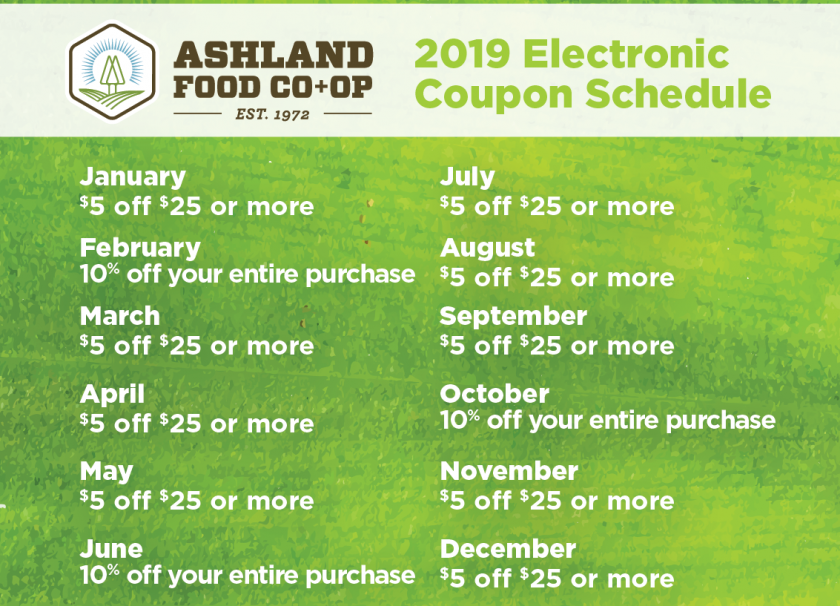
2019 Owner Coupon / Benefits Calendar
Hey Co-op owners - if you're wondering if it's a $5 off or 10% discount month... you can reference this calendar.
These benefits are available to all Co-op owners. If you're not an owner yet, you can sign up online!
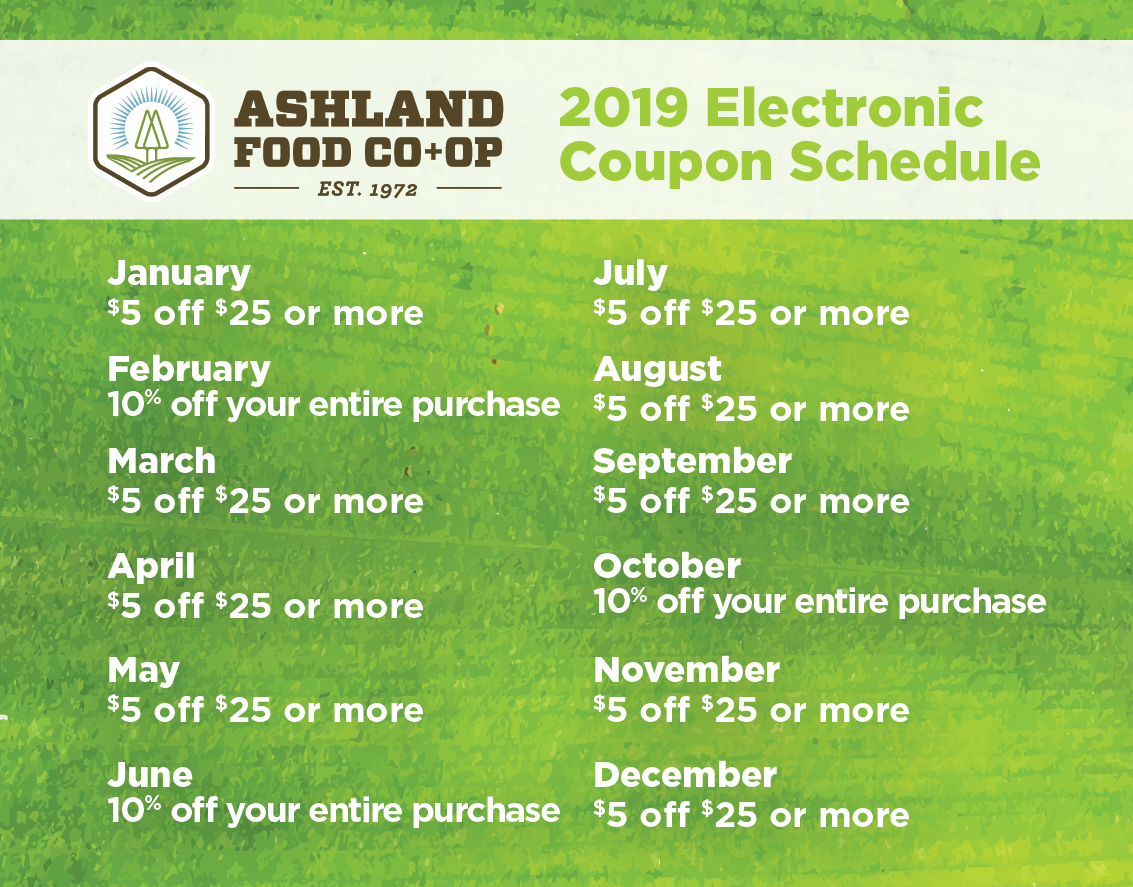
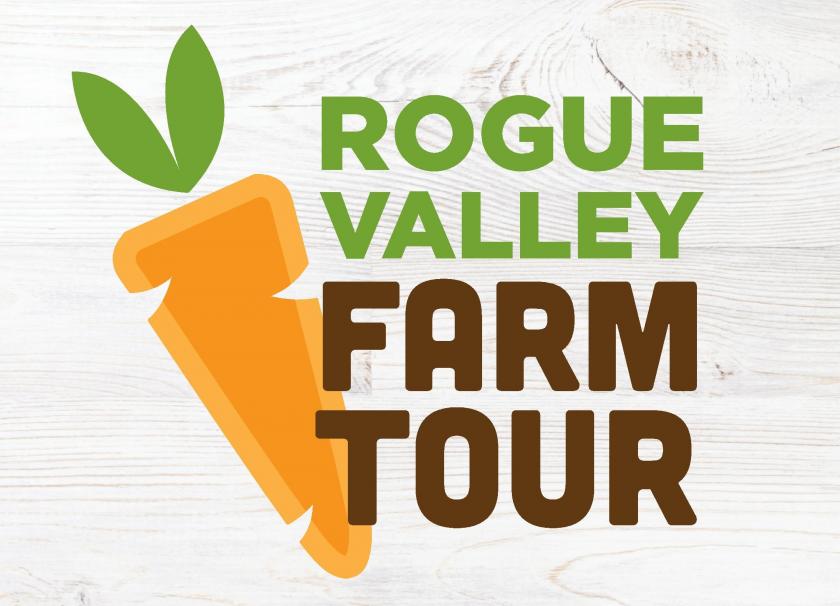
Farm Tour on the Shelves
The Farm Tour shines a spotlight on Southern Oregon - it represents the full range of products grown in the Rogue Valley. The Farm Tour isn't until July 14, but here's a list of tour activities for participating farms that are also on the shelves at the Ashland Food Co-op. Get an early taste of quality local goods!
